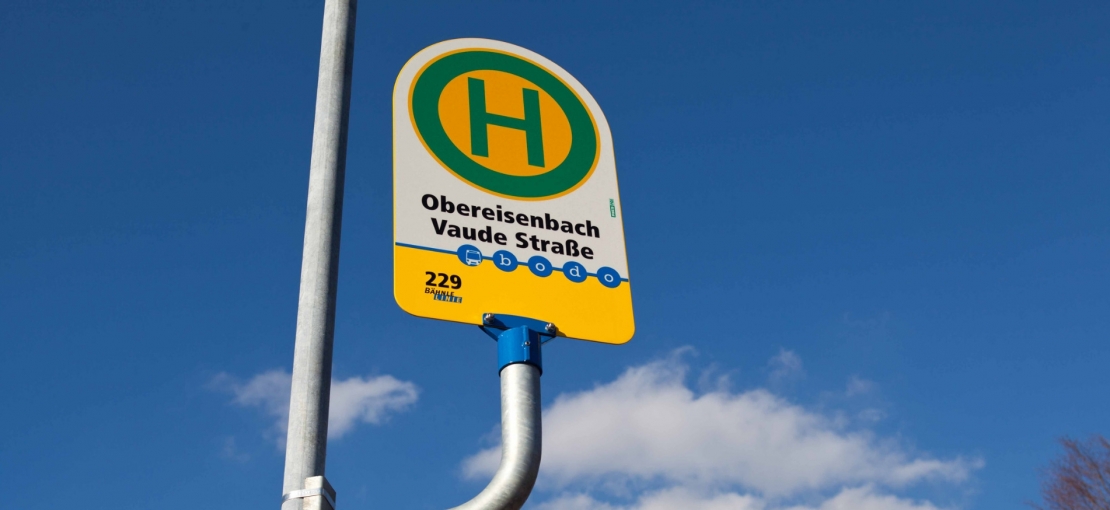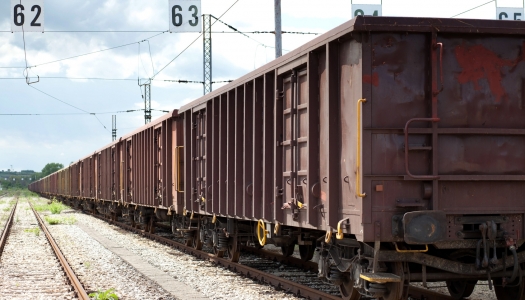
Climate-neutral mobility at VAUDE
Offset emissions with myclimate
You’ve got to have mobility: employees commute to work and go on business trips, our products are transported from production facilities to our logistics center and from there to our customers. Mobility is the source of a large percentage of emissions in our globalized world. We have set ourselves the goal of reducing emissions from transportation and travel even further.
All emissions generated by VAUDE are calculated by myclimate. This helps us to not only create transparency on the source of emissions in our climate balance, but also forms the foundation we use to offset all unavoidable emissions. With our climate compensation, we finance projects that save emissions to the same extent that we incur them. This makes our climate balance neutral – see Climate Neutral at the Company Headquarters in Tettnang.
The six components of the VAUDE mobility concept:
Business travel and commuting are responsible for almost half of emissions in the VAUDE climate balance. In Germany, one quarter of all energy consumption is due to personal and goods transport.
All the experts are in agreement: our mobility needs to become more eco-friendly. To achieve this, a change of mindset is necessary for our society – for each one of us, for companies, communities and in politics. Creative ideas on how we can maintain our mobility with the help of technology – and without a large loss in comfort – are called for. Networking is the magic word: combining various transport methods for separate legs of travel and (financial) incentives to support a change in behavior to less single vehicle commuting.
We therefore have a great need for action in this area, with effective measures to reduce our emissions.
The VAUDE mobility concept is comprised of six components:
- Bike commuting: VAUDE has an annual target for bike commuting - see Over 50,000 km of Bike Commuting
- Private carpooling, including in cooperation with the flinc.org Social Mobility Network
- Carpooling with VAUDE fleet vehicles: VAUDE has made two large company cars available for larger carpool groups.
- Public transportation (ÖPNV): Improvement of the shuttle service to Tettnang-Obereisenbach – see Creating Added Value Through Commitment
- Travel policy for business trips - see Fewer Emissions from Business Travel
- Fleet Management - see Fewer Emissions from Business Travel
Fleet and business travel: fewer emissions as a goal
Our goal is to reduce the number of vehicles in our company fleet, to transition to low-emission vehicles and to use driver training to achieve even more fuel-saving driving habits. Details on fuel consumption here.
For the issue of business travel, it’s also all about avoiding emissions. The VAUDE Travel Policy Guidelines are helping us here - see Fewer Emissions from Business Travel
Fewer emissions from commuting
Due to our remote location in Tettnang-Obereisenbach, most employees have to commute to work. Our goal remains to significantly reduce our emissions from commuting. How far we’ve come is reported on here.
Incentive Mobility Lottery
Those who arrive at work by means of environmentally friendly commuting will – with a little luck – be rewarded:
All employees who do not commute alone by car are eligible for a weekly prize drawing.
Product transportation by ship and rail
The distance that our products cover once they leave the manufacturing facilities and until they finally reach the hand of the customer is quite a long one. Still, each product individually is accountable for only a very small proportion of emissions.
The majority of our products are manufactured in Asia and transported by container ship to Hamburg. From here they travel by rail to Ulm, and then are driven by truck to our logistics center in Tettnang-Obereisenbach. While marine and rail transportation create a very low level of emissions and thus are ecologically sensible, transport by truck and air are emission-intensive. Therefore, we try to avoid not only airfreight, but also truck deliveries as well, whenever possible - see Goods Logistics.

|
Better by rail
While transport from Hamburg to Tettnang by truck generates about as much CO2 emissions as a container ship from Asia to Hamburg, transport by rail is very environmentally friendly and low in emissions. |






